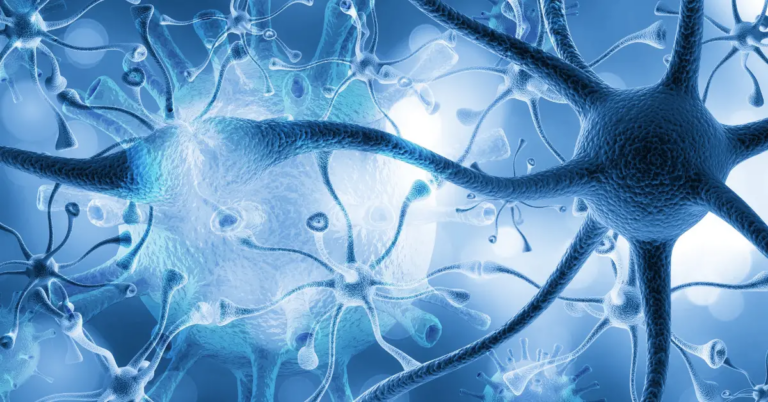Dropping Acidity Raised as an Overlooked Culprit in Alzheimer’s Disease
Alzheimer’s disease, the most common type of dementia, slowly destroys memory, behavior, and the capacity to think clearly. Eventually, sufferers lose the ability to carry out the simplest tasks due to brain shrinkage (atrophy) and cell death. (1) Worldwide, over 55 million people are believed to suffer from Alzheimer’s disease (2), while in the United…




















